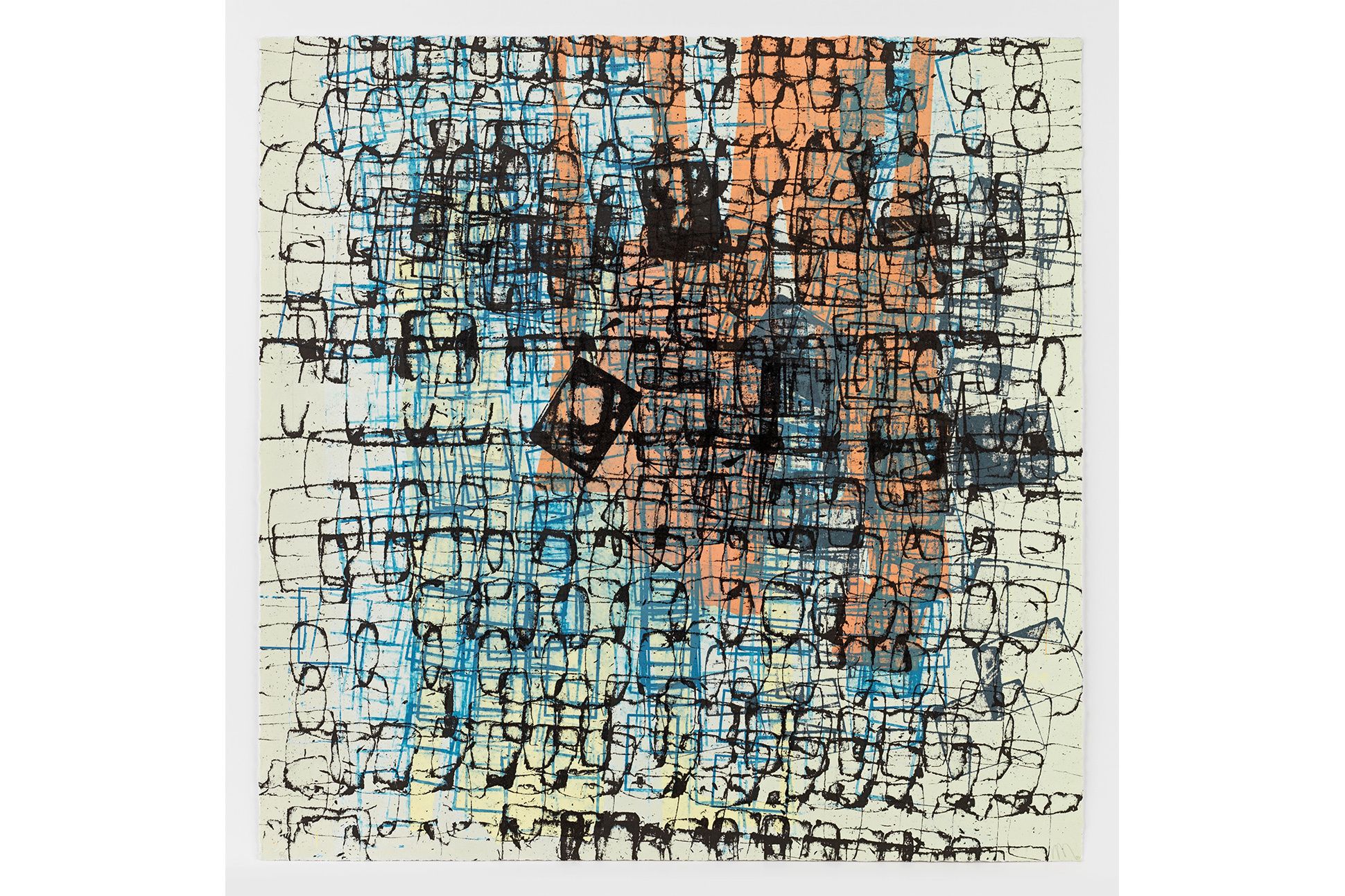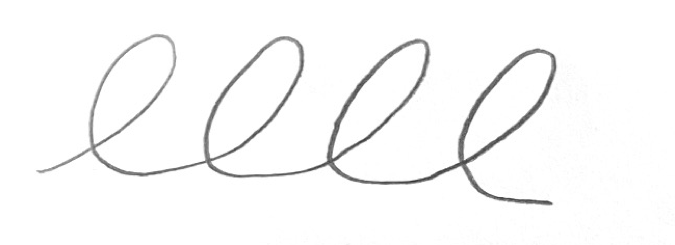I’m Looking for Something, Are You Looking for Something Too?
BY Tyree Daye

I didn’t open the pages of Angles of Ascent: A Norton Anthology of Contemporary African American Poetry (edited by Charles Henry Rowell) until I was pursuing my MFA at North Carolina State University, where I also received my undergraduate degree. Vievee Francis was visiting that semester and suggested Angles of Ascent to me over coffee on a Saturday, which was when she would graciously meet with students. Later, holding the brick of a book in my hands, I felt its weight, a tradition I was writing into, out of. I opened the book and found the epigraph from Robert Hayden;
He strains, an awk-
ward patsy, sweating strains
leaping falling. Then—
silken rustling in the air,
the angle of ascent
achieved.
I was beginning my ascent. I turned the page again to find the table of contents with all the names pointing the way. All the names that helped me discover others who are not listed like Nikky Finney and Aracelis Girmay. I read the preface, Charles Henry Rowell use of the word "waves" to describe the emergence of poets which makes me think of Dr. Sheila Smith McKoy's "limbo time," which she defines as "one that is a fusion of African cyclical time and the disruption of this cycle forced by the Middle Passage. The impetus here is to defy Western temporal notions of time; time becomes a means to challenge Western attempts to disfigure Diaspora culture." "Waves" crash then retreat back, making a circular motion, and as Rowell writes in the preface, "Angles of Ascent looks at once to the immediate past and then to the present and beyond," and that movement may look like this;
I read the introduction and found this quote from Vievee, "it is. . . [the] interior that I and so many poets of this age are mapping," and my quest began.
I'm interested in memory, my personal memory, and my family's gathered memories. I'm looking for something, some great answer I know doesn't exist. It's the search that brings me back. Each time I think I'm getting closer to really understanding what it may mean to be in this particular human body, or my family's specific history. In the memories I have of family, there's a message hidden in the smoke from the grill, and I try to decipher the smoke.
I was looking for other poets who were interested in memory. First, I found Mari Evans, who writes, "I am the continuation of my father passage," and I, too, write poems that are a continuation of a story my mother told me of her mother. I held close Edward S. Spriggs and the term they coined "Wemembering," meaning "culturally based observations." I fell for Lucille Clifton's, "I must write out of the whole of what I am." I heard every Otis Redding song played at a cookout I've been to as a child. I settled in with Primus St. John, whose practice of poetry is a model of their maternal grandmother and grandfather "who believed the function of racism is to deny us possibility," I think of my grandparents on my mother's side. I think of the grandfather who died when my mother was a child. I think of my grandmother, who I was too young to remember. I think of every story my mother told me of the two, and the pride they instilled within their children. Oh, Oh, Oh, there was Al Young, who writes, "What happens with me is that I generally perceive things in terms of memory through imagery. I will have a feeling about something, perhaps something from my childhood. Before the words come, the pictures and the feelings will well up inside of me." I think, yes! We do find something more extensive to say about the world through these images.
I stayed up with Wanda Coleman, who decided, "I would put the world of my parents into books as poems and stories. My world too," and I think I'll tell the world about aunts and uncles. I couldn't turn away from Marilyn Nelson, whose interest in the historical narrative made me think my uncle's BBQ is history too. I touched my hand to Major Jackson's word "rememorying," which made me consider how the crows felt watching us dance into the night beside my uncle's hand-built shed. I read the name Honorée Fanonne Jeffers the way one reads a map. Their poetry "imagines and inhabits the history of folk, mostly unknown, unrecorded, and unheralded, folk who relied on a belief in a higher power to move them from a place of can't to can. . ." And I wonder how many poems I can write about Uncle Boo Boo. I bowed to Patricia Smith, who describes a father's stories that "turned people we knew into characters," that became her "own personal griot."
Didn't I hear stories too, of those who had passed, moved away, or put down a bottle to pick up a bible? Natasha Trethewey, through Baldwin's famous quote, "This is the only real concern of the artist, to recreate out of the disorder of life that order which is art," hears Baldwin speaking directly to them. I felt Trethewey's poem "Flounder" was speaking now to me. That there was meaning in what was taught to me as a child. And like the circle, our lives seem to be making, I ran into Vievee Francis as my eyes were also turning inward. I leaned on John Murillo, who also grew up as they say, with "people who have shared their lives and deaths with me." I turned to home and found Amber Flora Thomas. Who I think my aesthetic gets close to. Amber Flora Thomas put signs on the path I was walking when I read, "I don't remember whole narratives from my childhood, but rather single images that contain clues, but no real solid evidence of what happened." In clues, in images, I look, and I take apart. I am looking for something. Are you looking for something too?
References
McKoy, Sheila Smith. “The Limbo Contest: Diaspora Temporality and Its Reflection in ‘Praisesong for the Widow’ and ‘Daughters of the Dust.’” Callaloo, vol. 22, no. 1, 1999, pp. 208–222. JSTOR, www.jstor.org/stable/3299963. Accessed 22 Sept. 2020.
Rowell, Charles H. Angles of Ascent: A Norton Anthology of Contemporary African American Poetry. New York: W.W. Norton & Co, 2013. Print.
Tyree Daye is a poet from Youngsville, North Carolina, and a Teaching Assistant Professor at UNC-Chapel...
Read Full Biography


